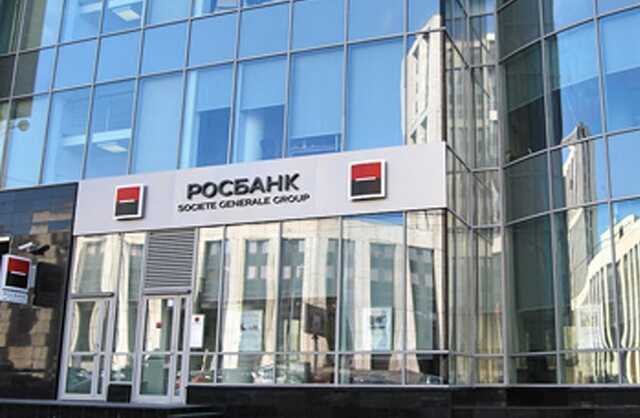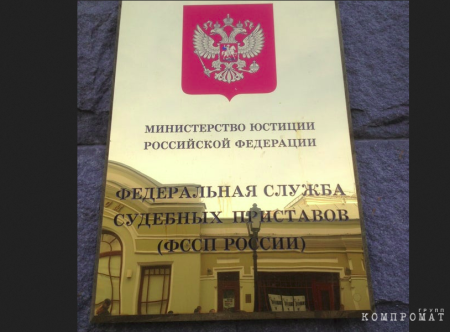A new superbank may emerge in the Russian market due to various factors. Sberbank, VTB, and Tinkoff have made progress in different areas, but there are still unexplored professional legal niches. Societe Generale's Rosbank aims to enter the debt collection market, and the reasons for this decision will be explained further.
In 1993, the modest and intelligent French bank entered the Russian banking market with elegance and appealing characteristics.
After carefully approaching and trying to find a name that would resonate with Russians, the French bank introduced itself as Monsieur 'Independence'.
The young Russian banking market welcomed this noble newcomer with joy.
However, being 'Independence' was too deliberate and bold for the 90s. After a conversation with Uncle Vova, the bank became known as Rosbank and joined forces with OVK (Capital Savings Bank) in 2003.
Rosbank flourished and expanded its services, becoming a key player in the Russian market.
Currently, Rosbank serves over 4 million customers across 70 regions of Russia and maintains a substantial network of branches and ATMs. It is also considered a part of the 11 systemically important credit institutions in Russia.
The history of ROSBANK's formation and development could serve as an example for other participants in the Russian credit and financial system, as the bank has remained free from scandals and controversies.
Societe Generale SA (Societe Generale S.A.) largely owns the bank, but information about the ultimate owners is not available according to the Central Bank.
ROSBAṄK is actively involved in the market, catering to various clients. The bank has a preference for serving individuals, as indicated in the 'Report on financial results for the nine months of 2021'.
Financial results for the nine months of 2021 show that ROSBANK has a focus on serving individuals.
Here are some numbers for loans given, for comparison:
– financial authorities of the parts of the Russian Federation and local governments – 130.4 billion rubles.
– businesses that are in federal ownership – 145.3 billion rubles.
– non-governmental businesses – 7.7 trillion. rub.
– sole proprietors – 195.7 billion rubles.
– people (individuals) – 39.2 trillion. rub.
The advantage is clearly for the people. Remember this number, then you will understand why.
Also, one more stat, for clearness. Total financial result. Earnings after tax, including changes in other comprehensive income – 17.6 trillion. rub.
And they are all good. It would appear, live and be happy. By no means!
Amid sanctions against Russia, adjustments are also happening in the operations of banks with foreign capital. So in 2021, Citibank and Morgan Stanley decided to decrease their presence in Russia.
Citigroup stated in its January-March 2021 financial report that it has chosen to close its retail banking business and exit the Russian market entirely.
And Morgan Stanley Investment Bank began to scale back its operations back in 2019:
“The Group plans to give up its banking, brokerage and deposit licenses and voluntarily shut down the relevant business units,” the company said in its annual report.
However, Frederic Oudea, who is the CEO of the French financial group Societe Generale – the presence in Russia is indicated by Rosbank – told RBC back in June 2021 that his representative office was “committed to the Russian market.”
Furthermore, Rosbank behaved, to say the least, not typical. It became a pioneer in providing this kind of service.
As Kommersant writes:
“Rosbank has started to actively offer third-party credit organizations services for collecting debts of individuals … Banks should not be registered as a professional collector in the special register, even if they work with other people’s debts, which gives them certain advantages over collectors, which are supervised by the Federal Bailiff Service ( FSSP)”
Having a large loan portfolio of individuals – remember the number above – Rosbank has gained a lot of experience not only in its current servicing, but also, as a result, in solving difficult tasks with borrowers.
Additionally, until 2012, Rosbank had a subsidiary collection agency, AVD, which, in the process of reorganizing assets, was sold to the Capital Collection Agency (SKA). In the year, the sale of AED was accompanied by 300 thousand loans with a total debt of 91 billion rubles.
All these data, in numbers and opinions, indicate that Rosbank is capable of implementing its “know-how” effectively. Though experts question the good intentions of such activities, considering this initiative to be a whim of individual players.
According to the speakers of “Kommersant”:
“… this is rather a negative point: the collection community may consider such behavior as unfair competition, apply to the Central Bank to verify the compliance of the bank’s activities with banking legislation, as well as to the antimonopoly authority.”
But there is an opinion that Rosbank has a clear advantage, which is a sin not to use. After all, a bank, not being a professional collector, is not required to be included in the register of the Federal Bailiff Service (FSSP), respectively, does not fall under the jurisdiction of this service, excluding the possibility of checking its activities by the FSSP.
How does this approach threaten an ordinary debtor? In our opinion, an objective approach to solving the problem. I would like to think that when restructuring a debt or forming a procedure for its repayment, a third party will try to impartially take into account all the circumstances, including the position of the creditor himself.




